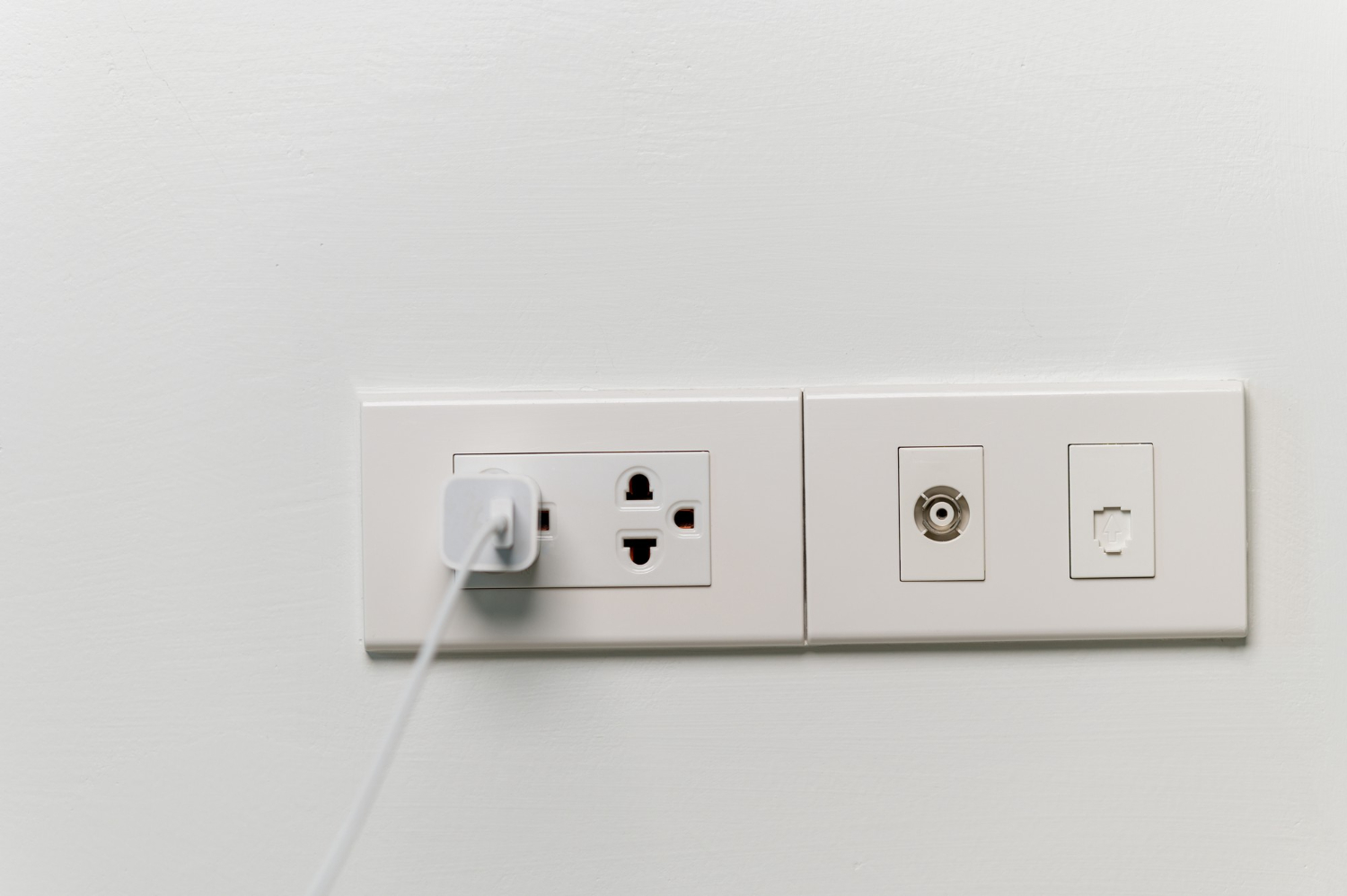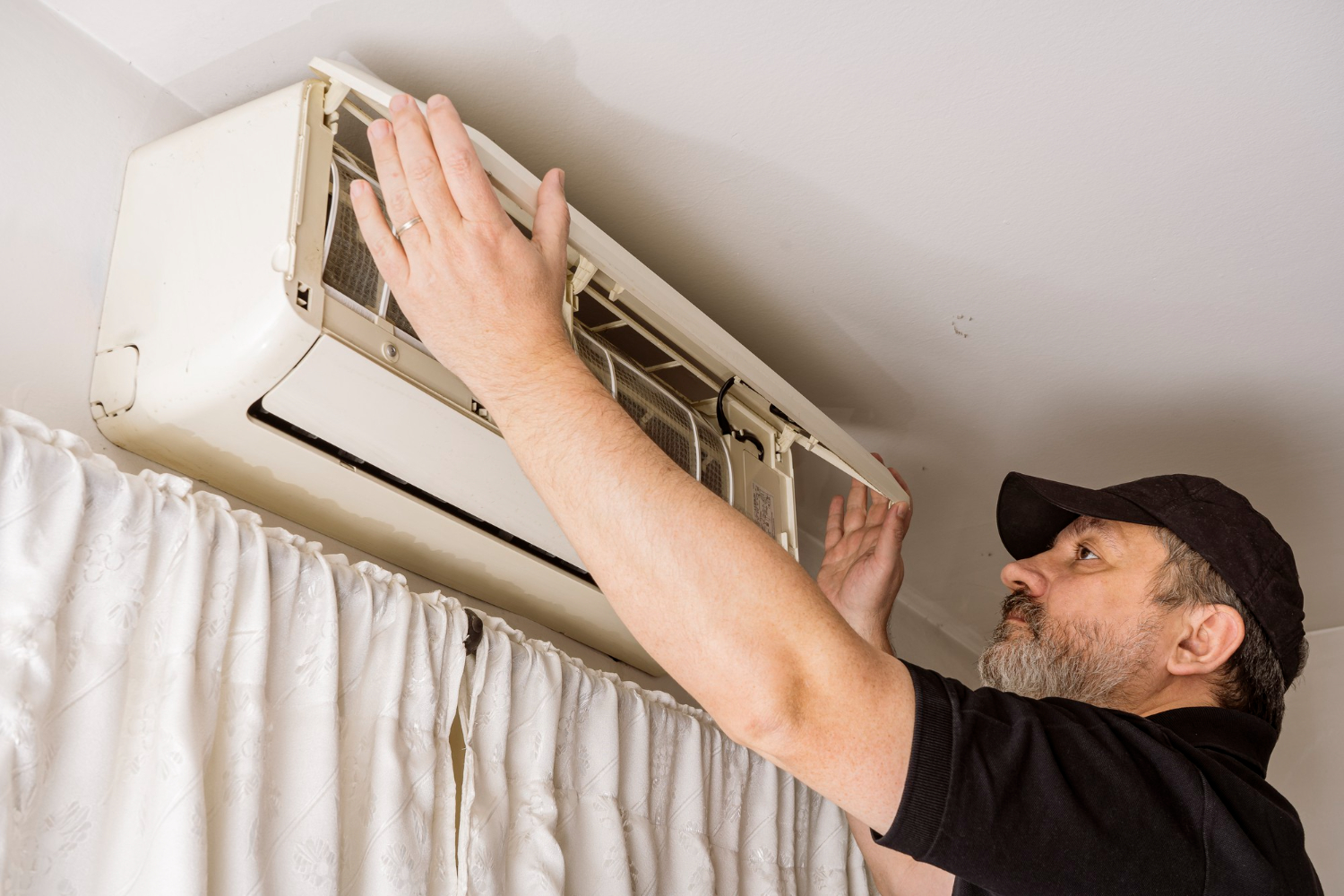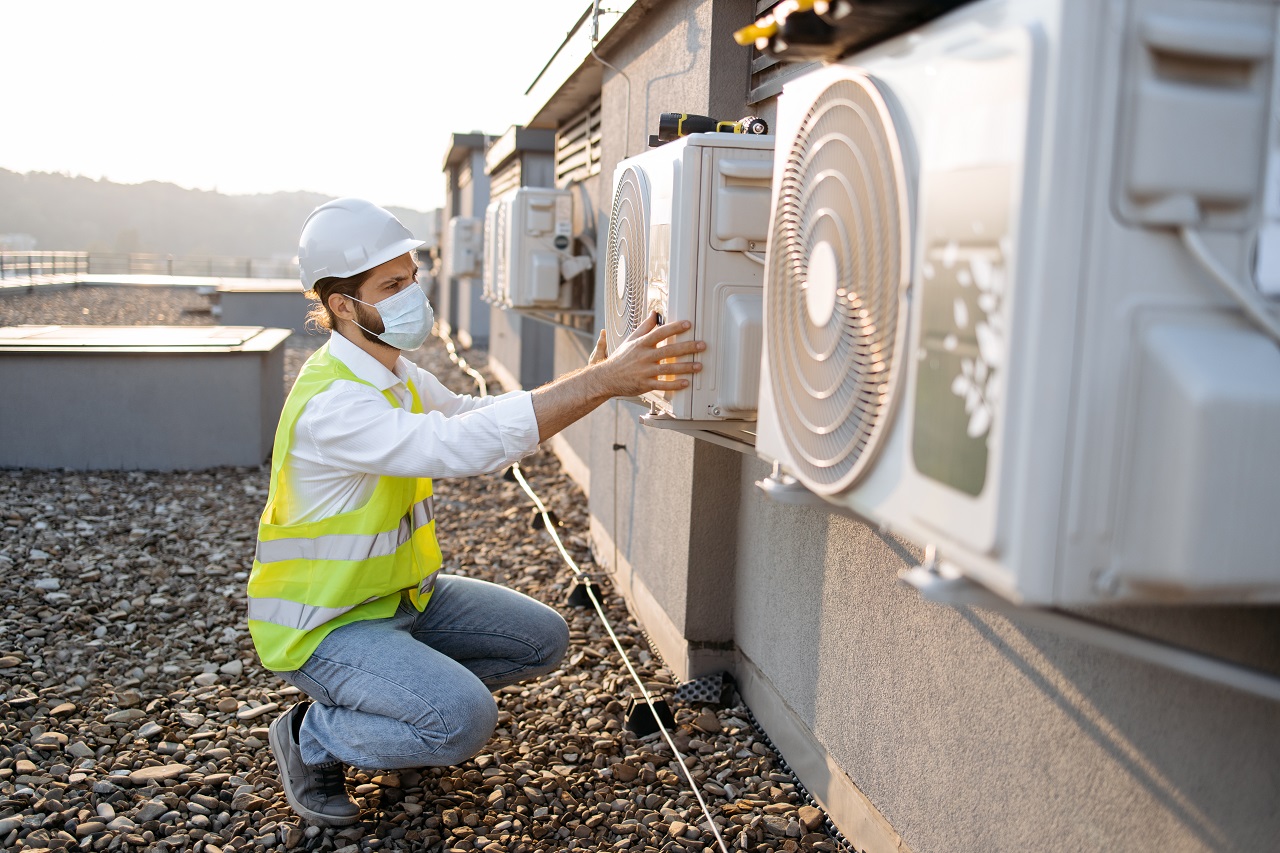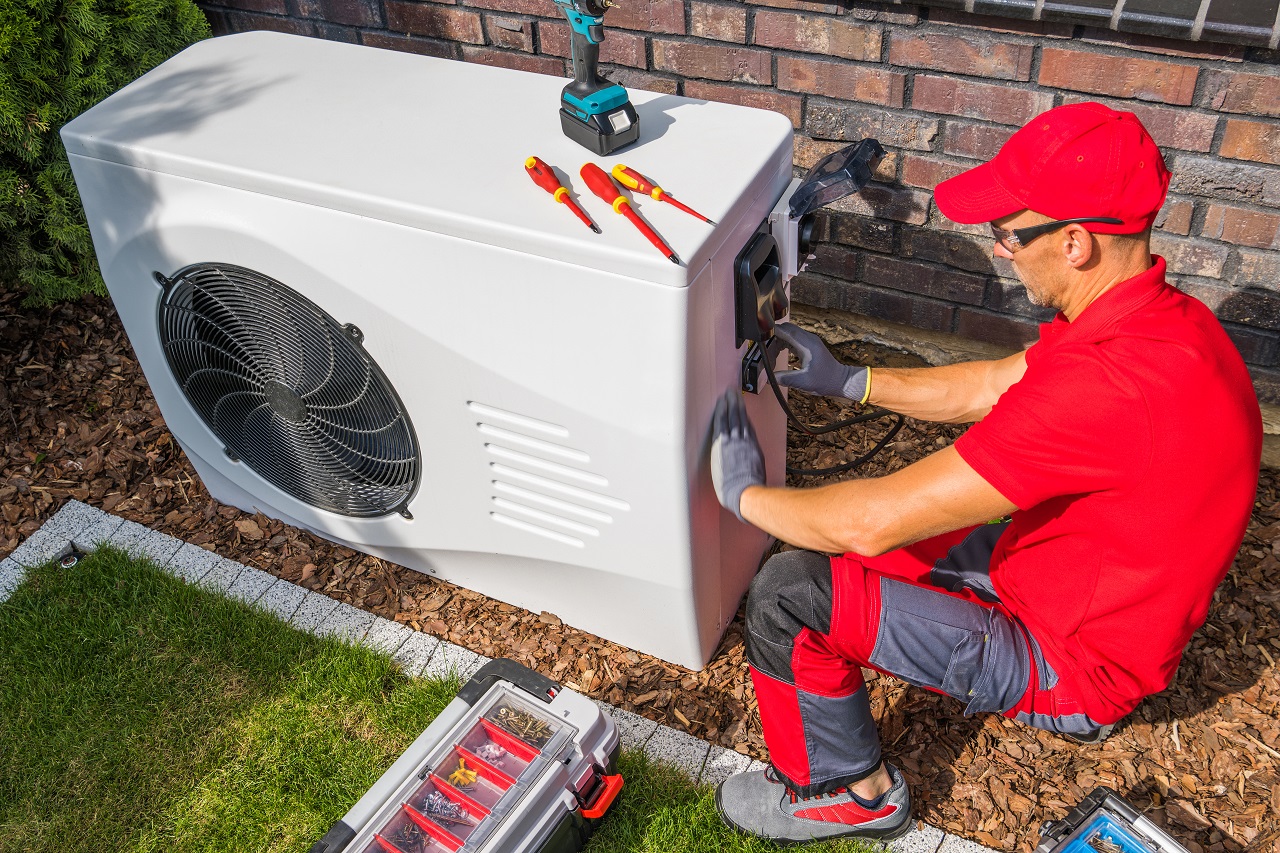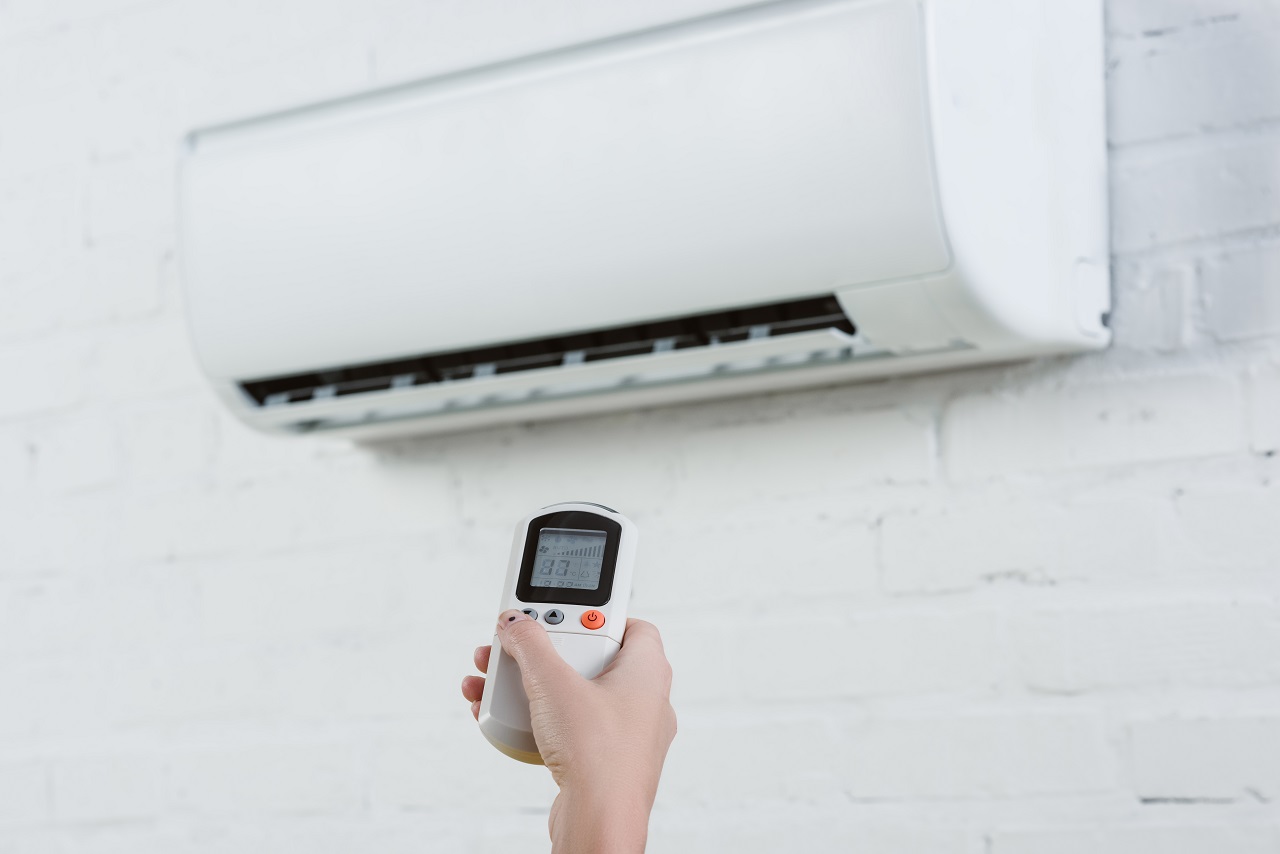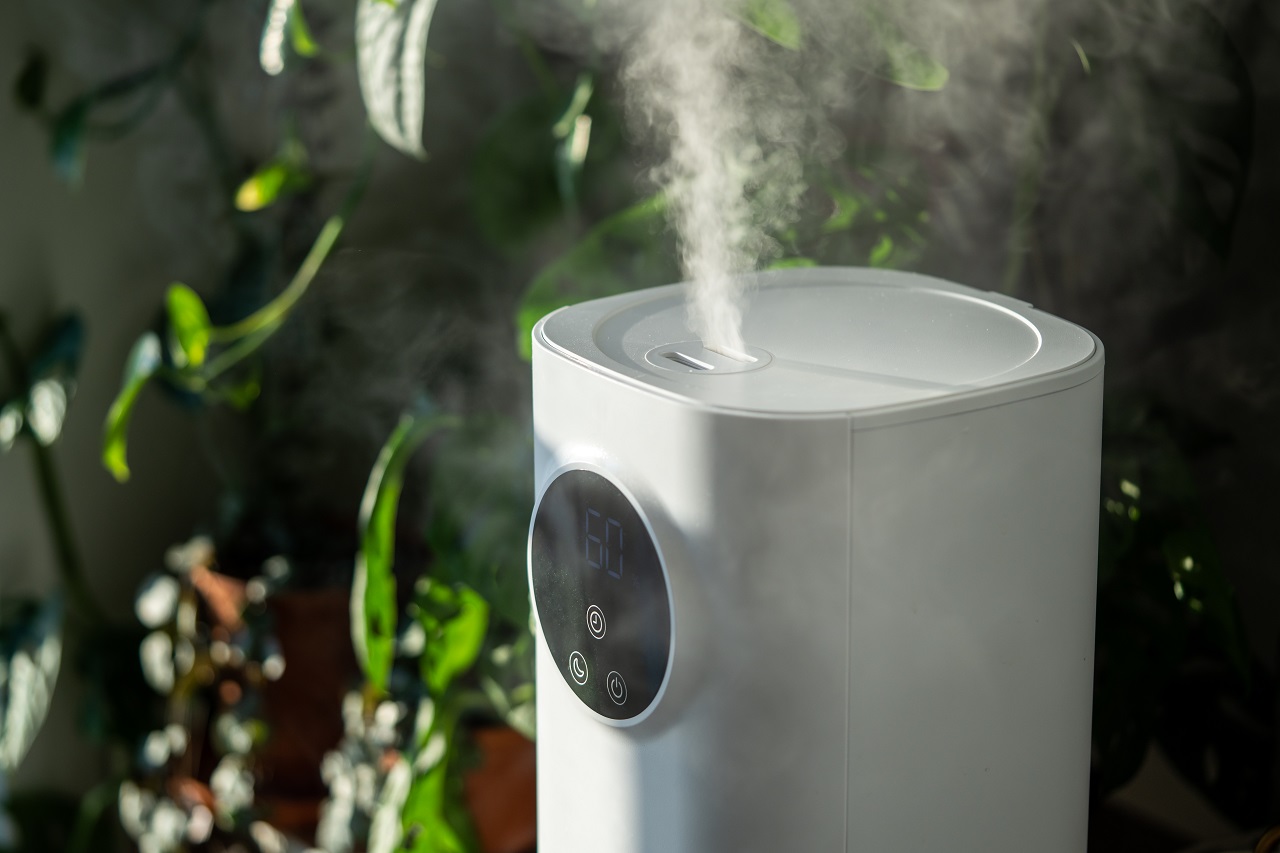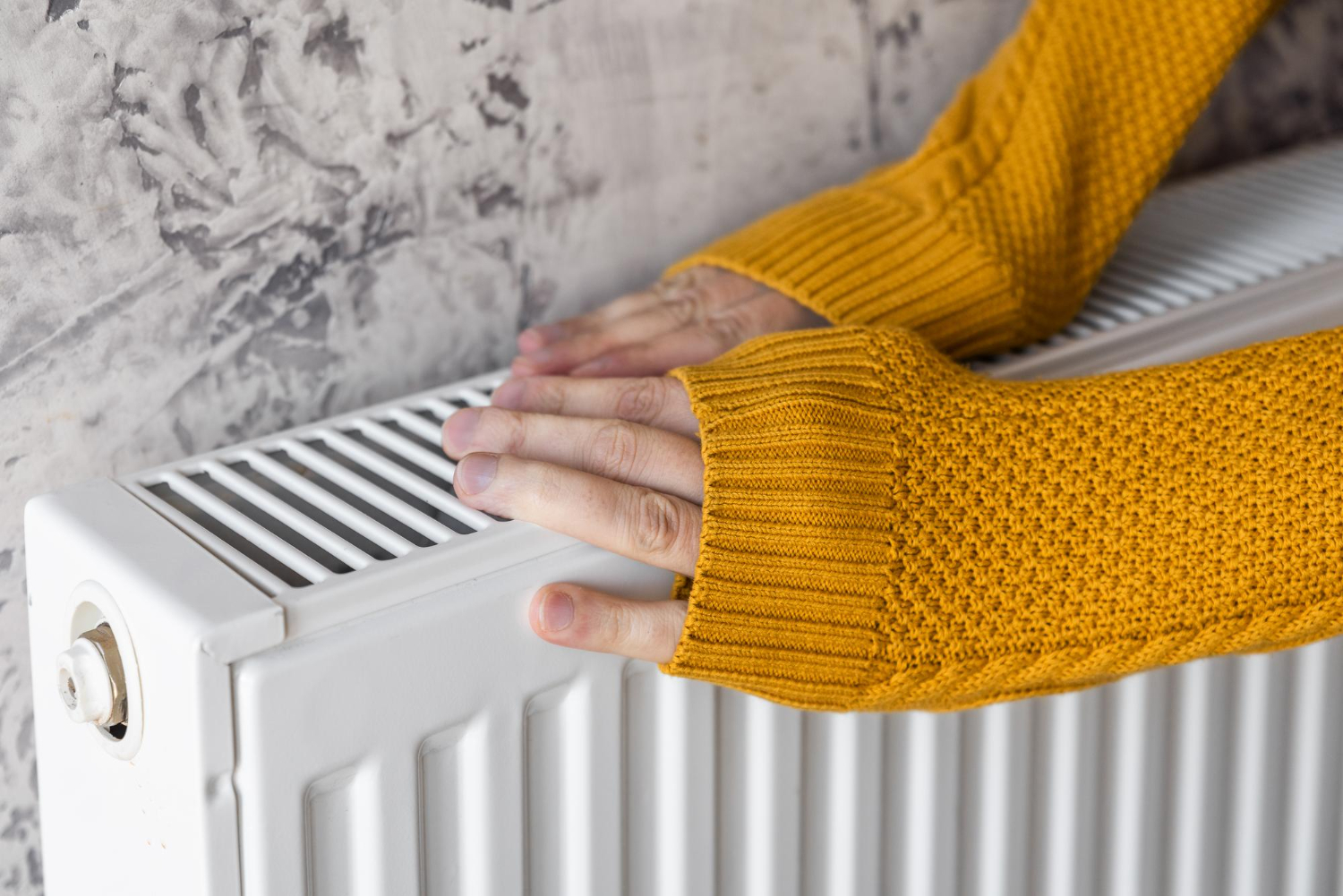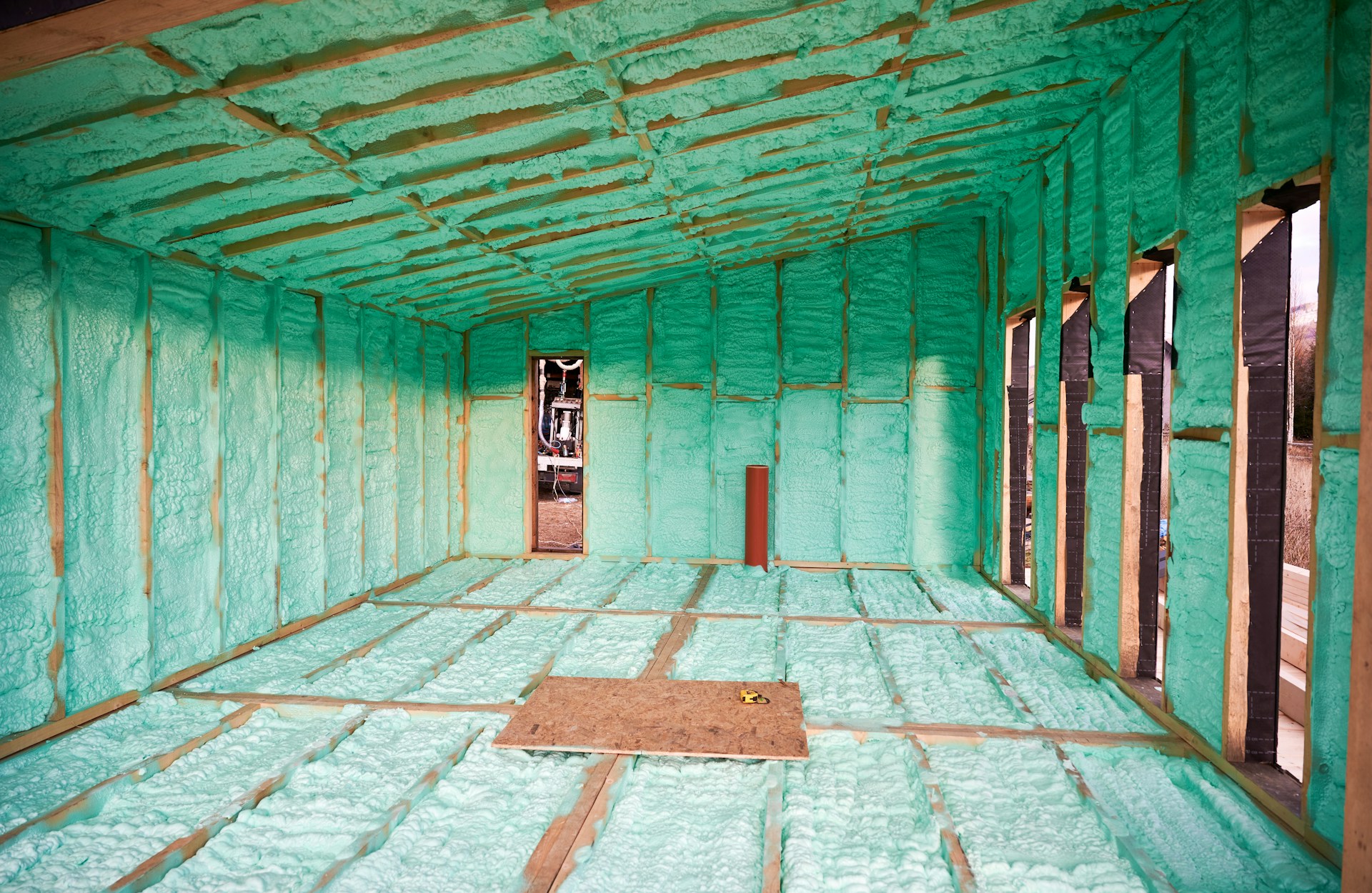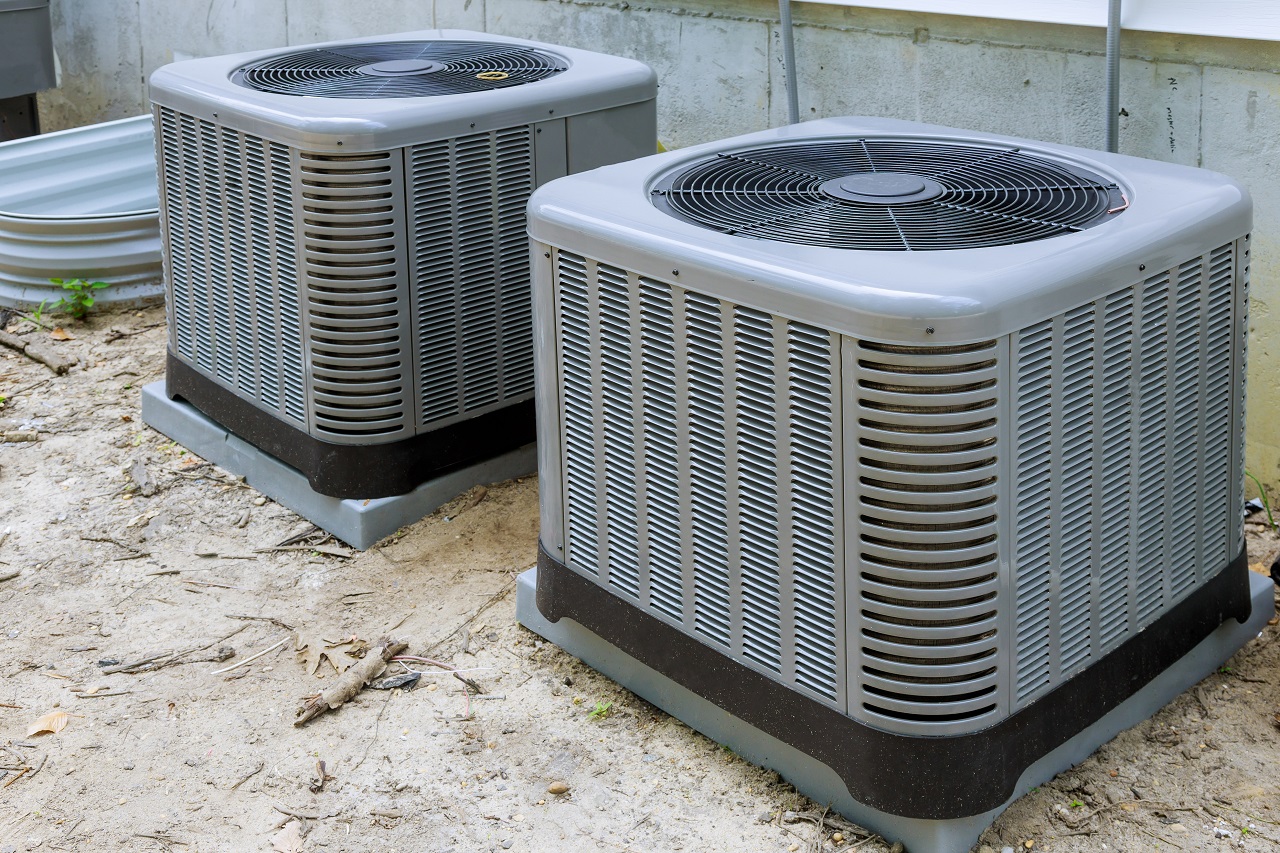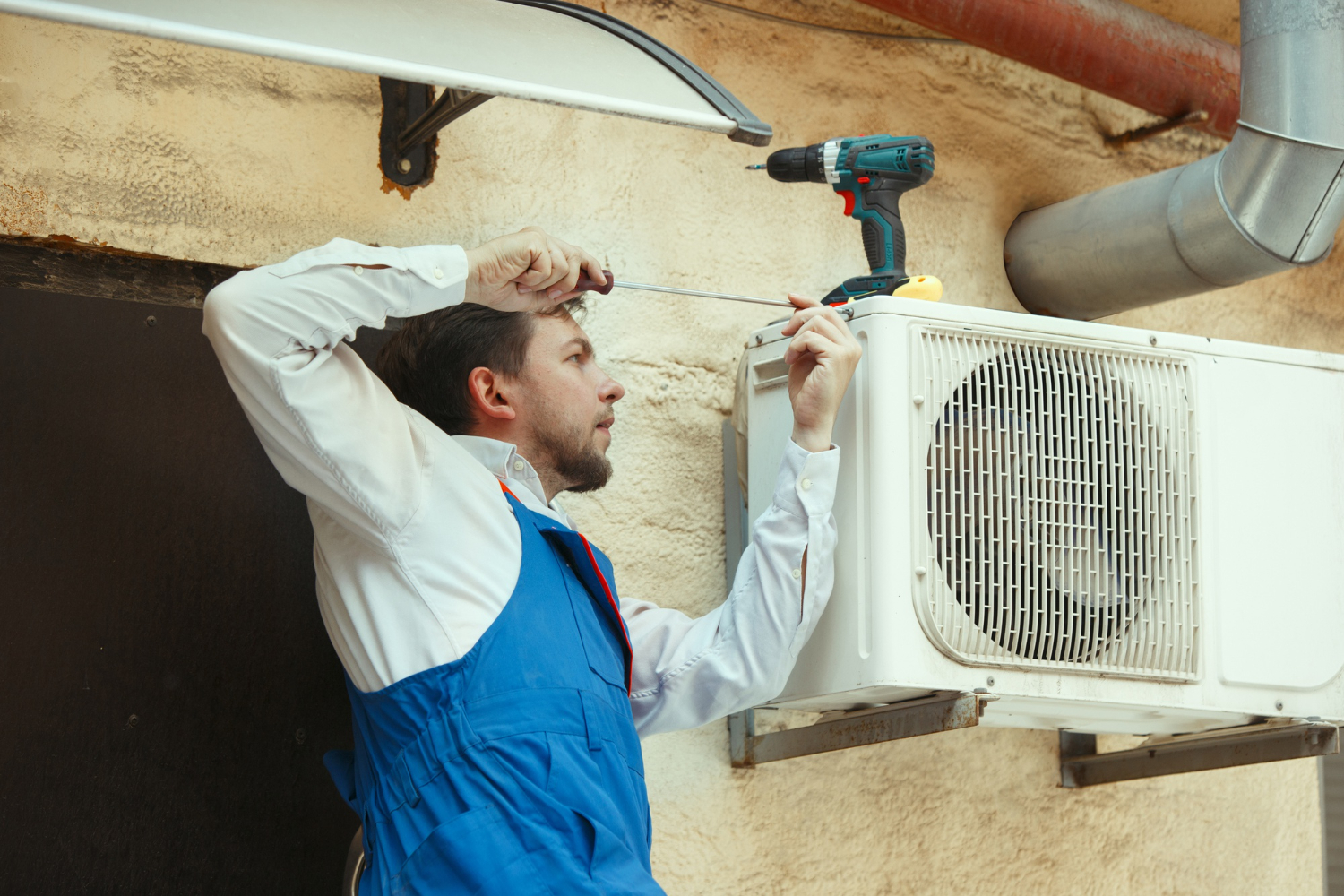Maintaining a safe and functional electrical system is crucial for any homeowner. Whether you’re dealing with an overloaded circuit, flickering lights, or a faulty outlet, addressing these issues promptly is essential to prevent potential hazards and keep your home running smoothly. That’s why we’re here to help you explore the most common electrical problems and provide step-by-step instructions on troubleshooting them safely.
Electrical safety should always be the top priority when working with your home’s wiring. Before diving into any troubleshooting process, it’s important to understand and follow basic electrical safety precautions. From turning off the power to using insulated tools, these fundamental steps will help you minimize the risk of accidents and ensure your safety throughout the process.
Understanding Basic Electrical Safety Precautions
Safety is the most important factor when dealing with electrical issues at home. Before starting any troubleshooting process, make sure you understand and follow these basic electrical safety precautions:
1. Turn Off Power: Always turn off the power to the circuit you’re working on. You can do this at the circuit breaker panel. This step prevents the risk of electric shock while you inspect or repair the issue.
2. Use Insulated Tools: When working with electrical systems, use tools with insulated handles. This provides extra protection against accidental electric shocks.
3. Check for Live Wires: Use a voltage tester to ensure there is no electrical current flowing through the wires before you begin working. This is crucial for your safety.
4. Avoid Water: Never work on electrical systems if you are wet or standing in water. Water is a conductor of electricity and greatly increases the risk of shock.
5. Wear Protective Gear: Use rubber gloves and safety goggles to protect yourself from electrical shocks and any potential debris.
Following these basic safety precautions helps to minimize the risk of accidents and ensures that you can safely address the electrical issues in your home.
Diagnosing and Fixing an Overloaded Circuit
An overloaded circuit is a common electrical issue that occurs when too many devices are connected to a single circuit. This can cause the circuit breaker to trip, cutting power to the outlets on that circuit. Diagnosing and fixing the problem is crucial to maintaining a safe electrical system.
First, identify the circuit that is causing the problem. Check your breaker panel for any tripped breakers. A tripped breaker will be in a different position than the others. Once identified, turn off all devices connected to that circuit and reset the breaker by flipping it back to the “on” position.
Next, identify any high-energy devices connected to the overloaded circuit. These devices include air conditioners, heaters, and refrigerators, which use a lot of power. Distribute these devices across multiple circuits if possible. If you can’t redistribute, limit the number of devices used simultaneously on the same circuit.
If the circuit continues to overload, it may indicate a more serious issue such as faulty wiring or an inadequate electrical system. In this case, consider consulting a professional for a more thorough inspection and repair. By managing an overloaded circuit, you can prevent potential hazards and ensure your home’s electrical system operates safely and efficiently.
Troubleshooting and Resolving Flickering Lights
Flickering lights can be an annoying problem and may indicate a deeper electrical issue. There are several reasons why your lights might flicker, and troubleshooting these can help resolve the problem efficiently.
1. Loose Bulbs: One of the simplest issues could be a loose bulb. Ensure that the light bulb is screwed in tightly. If it continues to flicker, try replacing the bulb with a new one to see if that solves the issue.
2. Faulty Light Switch: Sometimes, the light switch may be the problem. If the switch feels warm or makes crackling sounds, it could be faulty and need replacing. Consult an electrician if you’re uncomfortable doing this yourself.
3. Wiring Issues: Flickering lights can also be caused by wiring problems. Loose or outdated wiring can create inconsistent electrical connections. This is more serious and should be inspected by a professional to avoid the risk of electrical fires.
4. Circuit Overloads: Another common cause is circuit overload. If you notice that lights flicker when high-energy appliances are in use, it might mean the circuit is overloaded. Spreading out your appliances across different circuits can help.
Resolving flickering lights promptly can save you from more severe electrical problems and ensure your home stays safe and well-lit.
Addressing and Repairing Faulty Outlets and Switches
Faulty outlets and switches are more than just inconvenient; they can be dangerous. Here’s how to troubleshoot and repair them safely:
1. Identify the Problem: The first step is to identify the faulty outlet or switch. Signs include outlets that don’t provide power, switches that don’t work consistently, or devices that flicker or become unusually warm when plugged in.
2. Turn Off Power: Always turn off the power to the outlet or switch at the circuit breaker to prevent electric shock. Use a voltage tester to double-check that the power is off.
3. Check Connections: Remove the cover plate and inspect the wiring. Make sure all connections are tight and secure. Loose wires can cause outlets to malfunction or create sparks.
4. Replace the Outlet or Switch: If the outlet or switch shows signs of damage, such as discoloration or burning smells, it’s best to replace it. Unscrew the old outlet or switch, disconnect the wires, and connect them to the new one following the same configuration.
5. Test the Fix: Once everything is reassembled, turn the power back on and test the outlet or switch. Ensure it works correctly and there are no unusual signs like sparks or odors.
Faulty outlets and switches are common issues that should be addressed promptly to maintain a safe electrical system in your home.
Electrical Troubleshooting Guide: Protect Your Home and Family
Understanding how to troubleshoot common electrical issues safely can save you a lot of hassle and help maintain a safe home environment. By following basic electrical safety precautions, diagnosing and fixing overloaded circuits, resolving flickering lights, and addressing faulty outlets and switches, you can manage many common electrical problems efficiently.
At Turner On Services, we’re committed to providing safe, reliable electrical repairs and services in Cincinnati, OH, to keep your home in top shape. If you’re struggling with electrical problems and need professional assistance, don’t hesitate to reach out to Turner On Services. Call us today to ensure your home’s electrical systems operate safely and efficiently!


